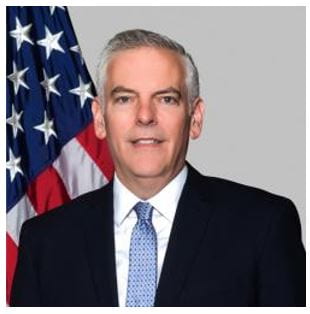by Brent Carlson and Michael Huneke

From left to right: Brent Carlson and Michael Huneke (Photos courtesy of authors)
New export controls rules recently issued by the U.S. Department of Commerce’s Bureau of Industry and Security (“BIS”) have set the corporate compliance world abuzz, as export controls continue to increase everywhere amid accelerating economic and geopolitical competition. Multinational companies are placed in an increasingly precarious position, caught between superpowers in a “disordered,” multipolar world. The consequences of failing to navigate successfully through myriad export controls regimes are only going to grow more severe, with the U.S. government signaling that a wave of increasing enforcement activity is on the way.
In this installment of our Fresh Looks series, we examine the evolution of export controls penalties, from where they are today to where they are heading tomorrow. The U.S. Department of Justice (“DOJ”) has called export controls and economic sanctions the “new FCPA” and included both among America’s national security enforcement priorities. This provides an important—and unambiguous—signal of the directional trends underway for export controls enforcement. Continue reading



